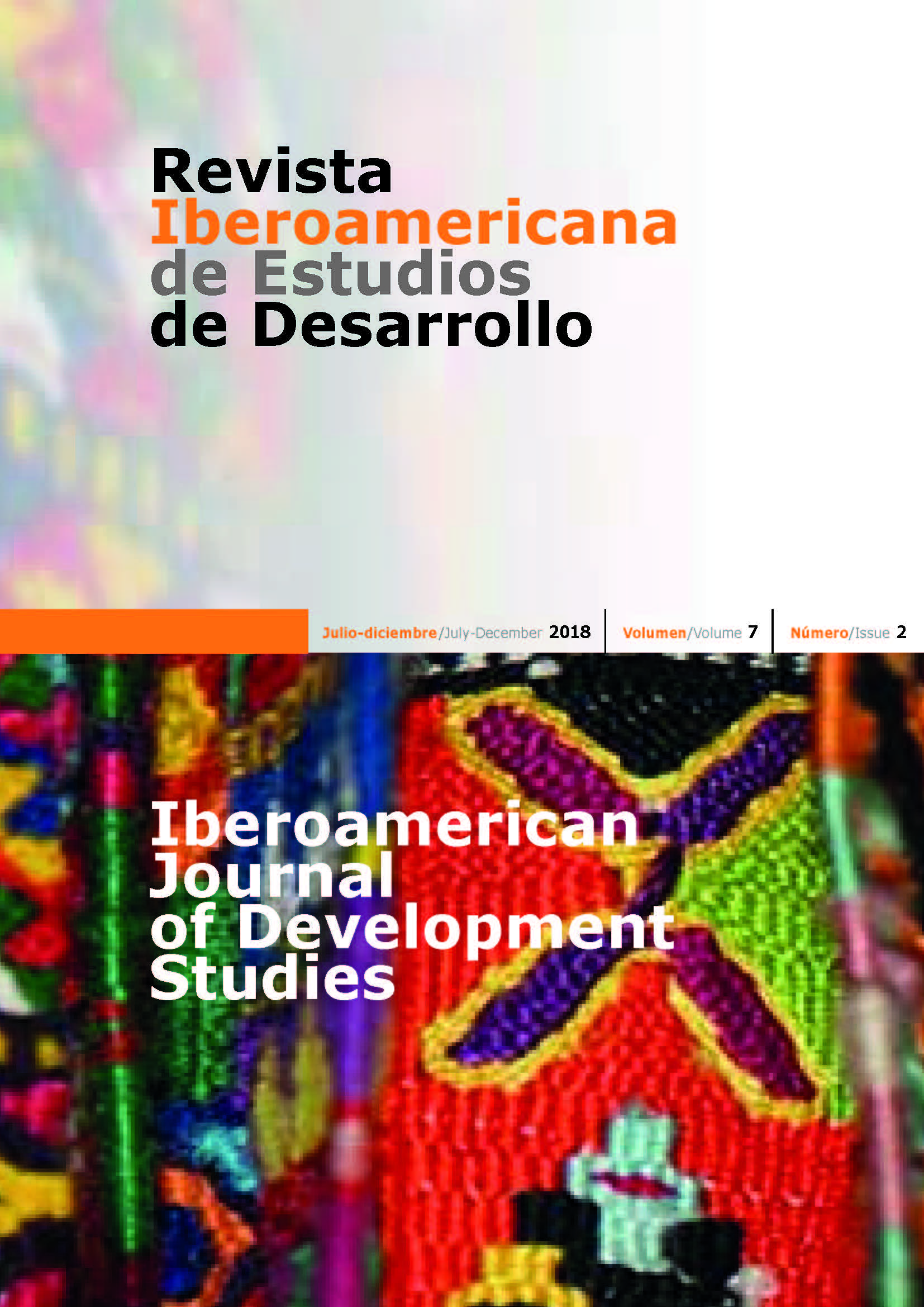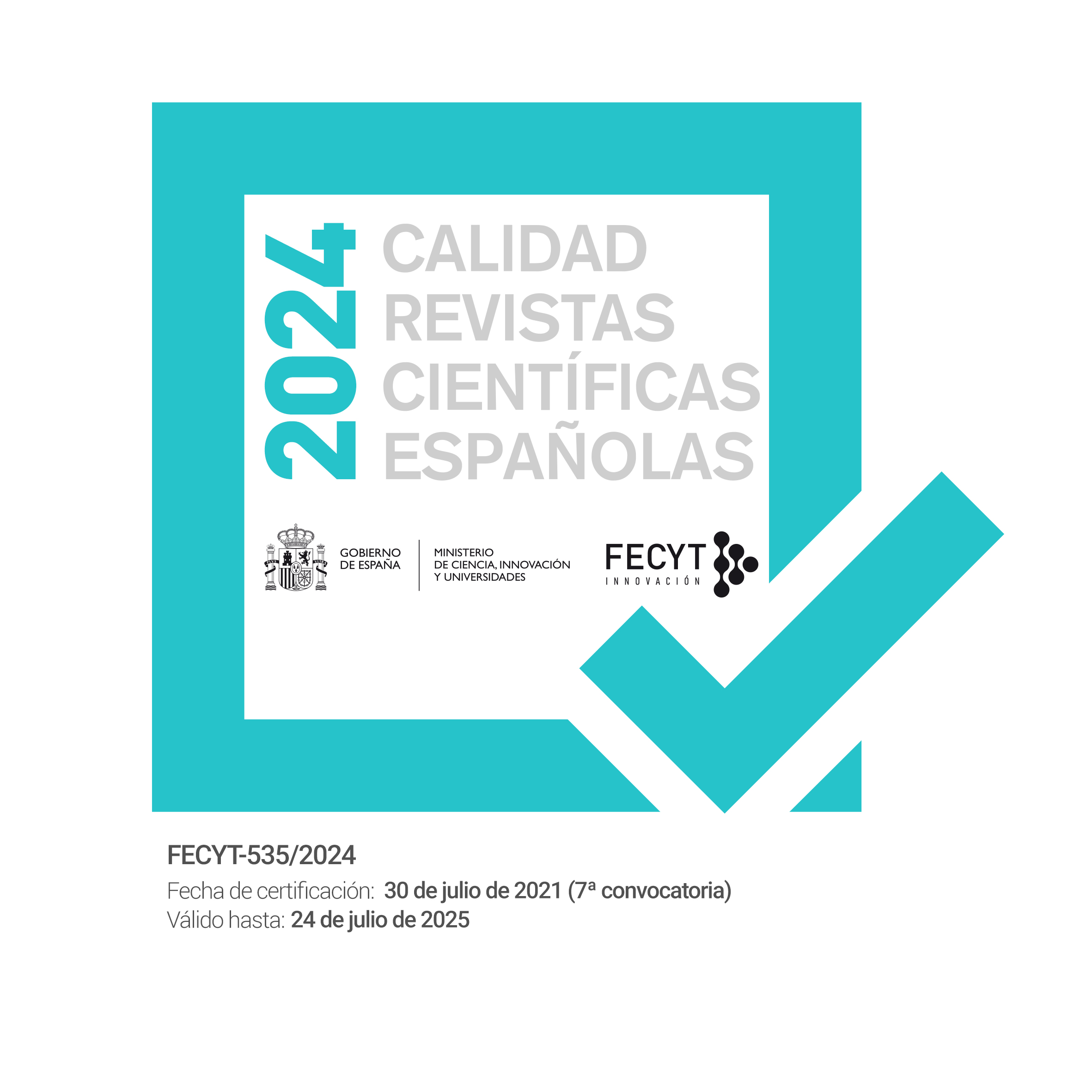A broader understanding of fuel poverty from capability approach: towards a characterization built from the bottom-up
DOI:
https://doi.org/10.26754/ojs_ried/ijds.295Keywords:
fuel poverty, capability approach, bottom-up experience, agency, energy justiceAbstract
This paper seeks to contribute to a better understanding of fuel poverty, and to include the vision of people who are suffering the problem. To do this, using the capability approach and a qualitative fieldwork, we propose a conceptual framework to rethink and redefine the phenomenon, in order to: i) link the problem with social justice and with vulnerability; ii) broaden the spectrum of causes and link them with personal, social, environmental and structural issues; iii) understand the consequences as the deprivation of a series of capabilities, operations and agency that prevent people from living the life they value. Moving towards this broader understanding is relevant, as the first step to design more effective policies aligned with the perceptions and aspirations of people in fuel poverty.
Downloads
References
AMBROSE AR (2015). Improving energy efficiency in private rented housing: Why don’t landlords act? Indoor and Built Environment 24(7):913-924.
AMBROSE A, MARCHAND R (2017). The contemporary landscape of fuel poverty research. Indoor and Built Environment 26(7):875-878.
ANDERSON W, WHITE V, FINNEY A (2012). Coping with low incomes and cold homes. Energy Policy. Elsevier 49:40-52.
BERR (2001). The UK Fuel Poverty Strategy. Londres.
BOARDMAN B (1991). From Cold Homes to Affordable Warmth. Belhaven Press, Londres.
BOARDMAN B (2010). Fixing Fuel Poverty: Challenges and Solutions. Earthscan, Londres.
BOARDMAN B (2012). Fuel poverty synthesis: Lessons learnt, actions needed. Energy Policy 49:143-148.
BOUZAROVSKI S (2014). Energy poverty in the European Union: Landscapes of vulnerability. Wiley Interdisciplinary Reviews: Energy and Environment 3(3):276-289.
BOUZAROVSKI S, CAUVAIN J (2016). Spaces of exception: governing fuel poverty in England’s multiple occupancy housing sector. Space and Polity. Taylor & Francis 20(3):310-329.
BOUZAROVSKI S, PETROVA S (2015). A global perspective on domestic energy deprivation: Overcoming the energy poverty-fuel poverty binary. Energy Research and Social Science. Elsevier Ltd. 10: 31-40.
BOUZAROVSKI S, PETROVA S, SARLAMANOV R (2012). Energy poverty policies in the EU: A critical perspective. Energy Policy. Elsevier 49:76-82.
BRUNNER K, SPITZER M, CHRISTANELL A (2012). Experiencing fuel poverty. Coping strategies of low-income households in Vienna/Austria. Energy Policy. Elsevier 49:53-59.
CORBETTA P (2007). Metodología y técnicas de investigación social. McGraw-Hil, Madrid.
CROCKER D (2008). Ethics of global development: agency, capability, and deliberative democracy. Cambridge University Press, Cambridge.
CROCKER D, ROBEYNS I (2010). Capability and Agency. Amartya Sen. Cambridge University Press, Cambridge, pp. 30-90.
DAY R, WALKER G, SIMCOCK N (2016). Conceptualising energy use and energy poverty using a capabilities framework. Energy Policy. Elsevier 93:255-264.
DRÈZE J, SEN A (2002). India: development and participation, 2.ª ed. Oxford University Press, Oxford.
GILBERTSON J, GRIMSLEY M, GREEN G (2012). Psychosocial routes from housing investment to health: Evidence from England’s home energy efficiency scheme. Energy Policy. Elsevier 49:pp. 122-133.
HALL SM, HARDS S, BULKELEY H (2013). New approaches to energy: Equity, justice and vulnerability. Introduction to the special issue. Local Environment 18(4):413-421.
HEFFRON RJ, MCCAULEY D, SOVACOOL BK (2015). Resolving society’s energy trilemma through the Energy Justice Metric. Energy Policy. Elsevier 87:168-176.
HILLS J (2012). Getting the measure of fuel poverty ‒ Final Report of the Fuel Poverty Review: Summary and Recommendations.
JENKINS K et al. (2016). Energy Research & Social Science Energy justice : A conceptual review. Elsevier Ltd. 11:174-182.
LIDDELL C (2012). Fuel poverty comes of age: Commemorating 21 years of research and policy. Energy Policy 49:2-5.
LIDDELL C, MORRIS C (2010). Fuel poverty and human health: A review of recent evidence. Energy Policy. Elsevier 38(6):2987-2997.
LIDDELL C et al. (2012). Measuring and monitoring fuel poverty in the UK: National and regional perspectives. Energy Policy. Elsevier 49:27-32.
LOVE J, COOPER AC (2015). From social and technical to socio-technical: Designing integrated research on domestic energy use. Indoor and Built Environment 24(7):986-998.
MCCAULEY D et al. (2013). Advancing energy justice: the triumvirate of tenets. International Energy Law Review 32(3).
MIDDLEMISS L, GILLARD R (2015). Fuel poverty from the bottom-up: Characterising household energy vulnerability through the lived experience of the fuel poor. Energy Research and Social Science. Elsevier Ltd. 6:146-154.
MOORE R (2012). Definitions of fuel poverty: Implications for policy. Energy Policy. Elsevier 49:19-26.
NUSSBAUM M (1997). Cultivating Humanity. Harvard University, Cambridge (MA).
NUSSBAUM M (2000). Woman and Human Development: The Capabilities Approach. Cambridge University Press, Cambridge (MA).
NUSSBAUM M (2003). Capabilities As Fundamental Entitlements: Sen and Social Justice. Feminist Economics 9(2-3):33-59.
NUSSBAUM M (2006). Frontiers of Justice: Disability, Nationality, Species Membership. Harvard University Press, Cambridge (MA).
ORMANDY D, EZRATTY V (2012). Health and thermal comfort: From WHO guidance to housing strategies. Energy Policy 49:116-121.
PROGRAMA DE NACIONES UNIDAS PARA EL DESARROLLO (PNUD) (2011). Informe sobre Desarrollo Humano 2011, sostenibilidad y equidad; un mejor futuro para todos. http://hdr.undp.org/sites/default/files/hdr_2011_es_complete.pdf , acceso 12 de marzo de 2017.
ROBEYNS I (2005). The Capability Approach: a theoretical survey. Journal of Human Development 6(1):93-117.
ROBEYNS I (2016). Capabilitarianism. Journal of Human Development and Capabilities 17(3): 397-414.
SEN A (1993). Capability and well-being. The Quality of Life. Oxford University, Oxford, pp. 30-53.
SEN A (1999). Development as Freedom. Oxford University, Oxford.
SEN A (2002). Response to Commentaries. Studies in Comparative International Development 37(2): 78-86.
SHOVE E, WALKER G (2014). What is energy for? Social practice and energy demand. Theory, Culture & Society 31(5):41-58.
SNELL C, BEVAN M, THOMSON H (2015). Justice, fuel poverty and disabled people in England. Energy Research & Social Science. Elsevier Ltd. 10:123-132.
SOVACOOL B, DWORKIN M (2015). Energy justice: Conceptual insights and practical applications. Applied Energy. Elsevier Ltd. 142:435-444.
TELLER-ELSBERG J et al. (2016). Fuel poverty, excess winter deaths, and energy costs in Vermont: Burdensome for whom? Energy Policy. Elsevier 90:81-91.
THOMSON H, SNELL C, LIDDELL C (2016). Fuel poverty in the European Union: a concept in need of definition? People, Place & Policy Online, pp. 5-24.
TIRADO HERRERO S, JIMÉNEZ MENESES L (2016). Energy poverty, crisis and austerity in Spain. People, Place and Policy 10(1):42-56.
TIRADO HERRERO S et al. (2016). Pobreza, vulnerabilidad y desigualdad energética. Nuevos enfoques de análisis. Madrid.
WALKER G (2015). Beyond Individual Responsibility: Sustainable Practices, Capabilities and the Case for a Rights-Based Politics of Social Change. En: Strengers Y, Maller C (eds.). Social Practices, Intervention and Sustainability. Routledge.
WALKER G, DAY R (2012). Fuel poverty as injustice: Integrating distribution, recognition and procedure in the struggle for affordable warmth. Energy Policy. Elsevier 49:69-75.
WALKER M, UNTERHALTER E (2007). The capability approach: Its potential for work in education. En: Walker M, Unterhalter E (eds.). Amartya Sen’s capability approach and social justice in education. Palgrave, Basingstok
Downloads
Published
How to Cite
Issue
Section
License
Copyright (c) 2018 Victoria Pellicer-Sifres

This work is licensed under a Creative Commons Attribution-NonCommercial-NoDerivatives 4.0 International License.








